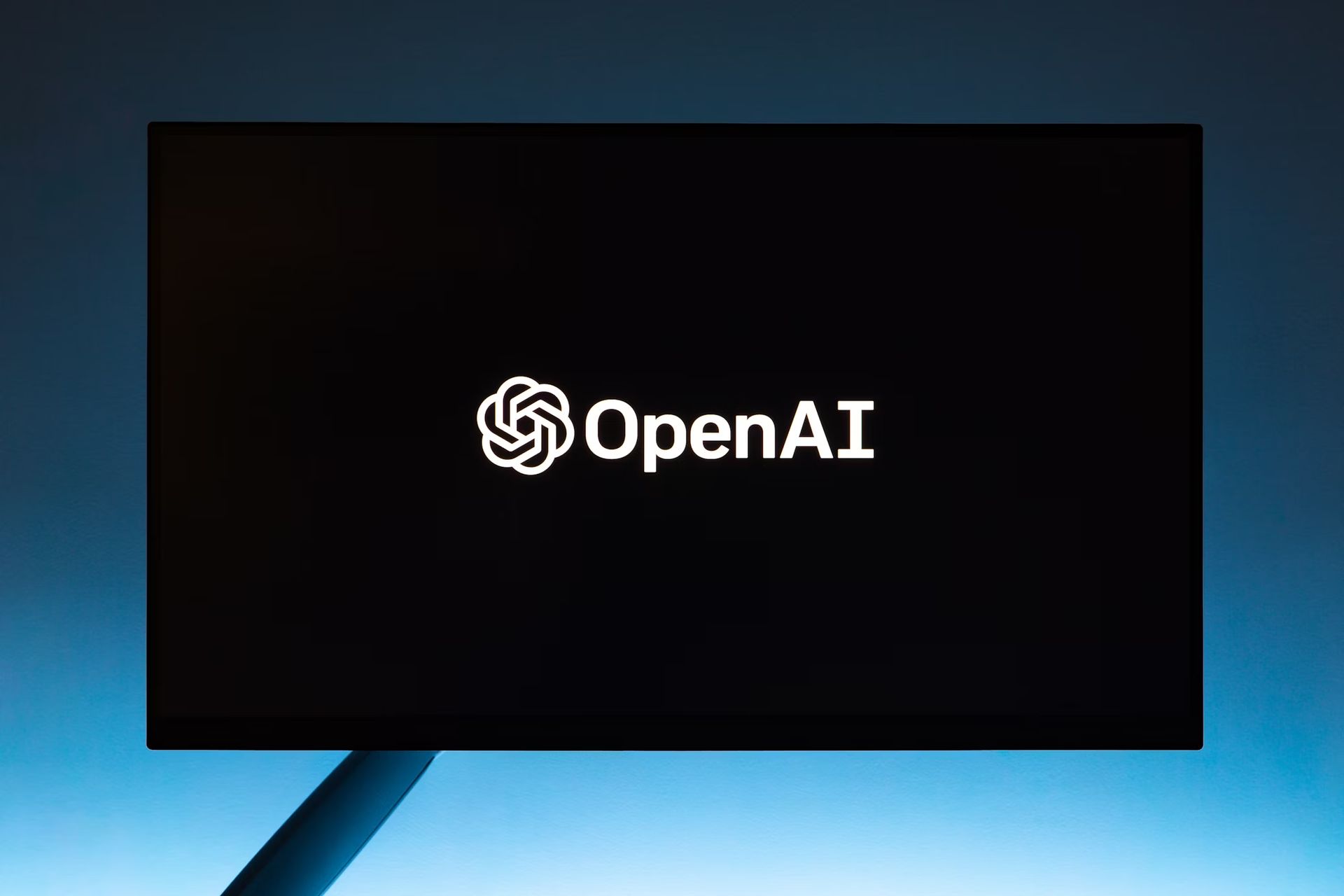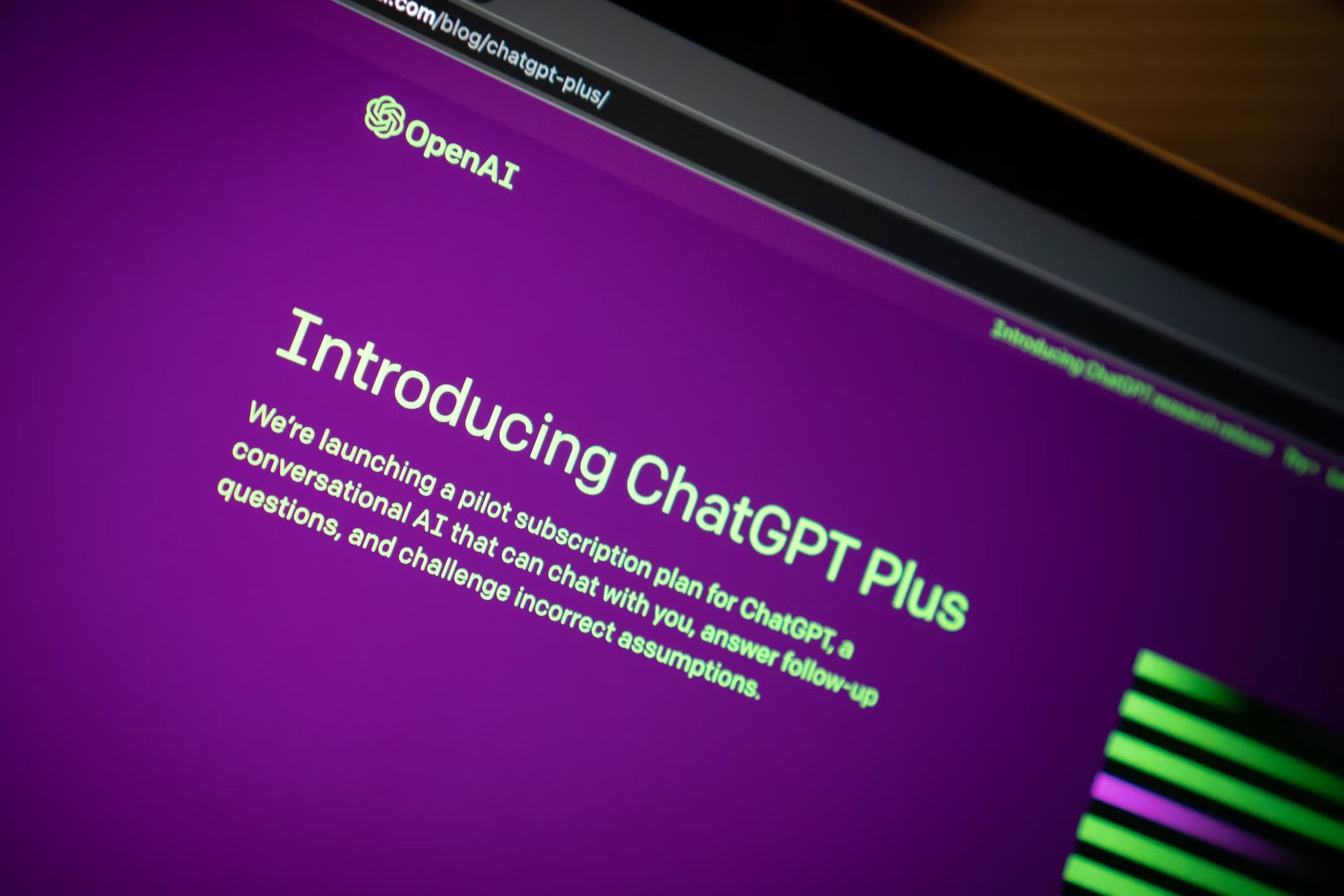Thanks to the latest ChatGPT memory update, your favorite chatbot will “remember” and “forget” things.
ChatGPT memory update: What’s in there?
This pioneering update introduces enhanced “memory” controls, marking a new era where users can now instruct ChatGPT to either discard certain information or retain specific details for future interactions.
Initially deployed to a select group of ChatGPT’s free and paid subscribers as part of an experimental phase, these controls empower users with the ability to explicitly direct ChatGPT to memorize particular insights, review its memory bank, or deactivate its memory function entirely. A wider release is anticipated, although the timeline remains under wraps. This evolution in AI-user interaction underscores OpenAI’s commitment to creating more personalized and dynamic conversational experiences.
“ChatGPT can now carry what it learns between chats, allowing it to provide more relevant responses … As you chat with ChatGPT, you can ask it to remember something specific or let it pick up details itself. ChatGPT’s memory will get better the more you use it and you’ll start to notice the improvements over time.”
-OpenAI
The utility of the ChatGPT memory update becomes increasingly clear when one considers the myriad of practical scenarios it enables.
Imagine you’re a culinary enthusiast eager for ChatGPT to suggest recipes that align with your vegetarian lifestyle. You could inform it, “Please remember that I follow a vegetarian diet,” ensuring that future culinary recommendations are tailored to your dietary preferences. Or, if you’re an amateur astronomer looking for stargazing advice, you might say, “Keep in mind, I’m interested in astronomy,” directing ChatGPT to provide insights and tips relevant to your hobby. These refined prompts allow for a customized interaction, ensuring ChatGPT’s responses are closely aligned with your interests and lifestyle.

OpenAI delineates various instances where memory could play a pivotal role in professional environments, such as retaining a user’s preferred tone, voice, and formatting guidelines for composing blog posts, or keeping track of the programming languages and frameworks a user frequently employs.
Notably, GPTs—specialized chatbots driven by OpenAI’s models and accessible via the GPT Store—also benefit from memory capabilities. The Books GPT, for example, can automatically keep track of the books you’ve read and your preferred genres. However, it’s important to note that these memories are kept separate and are never exchanged between ChatGPT and GPTs.
There’s an easier way to use ChatGPT
Furthermore, the memory feature for both ChatGPT and GPTs is fully manageable by users, who can toggle this function on or off within the ChatGPT settings menu. When disabled, ChatGPT and GPTs will neither generate nor access memories. This same settings menu allows users to view and delete specific memory entries or to completely purge all stored memories, offering users full sovereignty over their information and the way it’s used to enhance their interaction with AI.
It’s crucial to recognize that removing a dialogue from your chat history does not automatically result in the erasure of memories stored by the ChatGPT memory update or its GPT counterparts; targeted action is required to delete specific memories directly.
As the integration of memory into ChatGPT becomes more sophisticated, the potential for accumulating sensitive personal information grows, a development OpenAI is keenly aware of. While the memory feature is activated by default, suggesting an expansive approach to data retention, OpenAI commits to respecting user privacy. It has made provisions for business customers and those who choose to opt out, ensuring their data is not used to refine its models.

OpenAI is also proactively addressing concerns about privacy by guiding the ChatGPT memory update to avoid unsolicited retention of sensitive information, such as health-related details, unless explicitly requested by the user. This nuanced approach reflects a deliberate effort to balance the benefits of personalized AI interactions with the imperative of safeguarding user privacy.
“ChatGPT’s memories evolve with your interactions and aren’t linked to specific conversations. Deleting a chat doesn’t erase its memories; you must delete the memory itself.”
-OpenAI
To enhance privacy and offer users more control over their interactions, OpenAI introduces a groundbreaking Temporary Chat feature within the ChatGPT memory update. This feature, initially available to a select group of both free and subscription-based users, represents a leap forward in user-driven AI communication.
In Temporary Chat mode, ChatGPT operates with a clean slate for each conversation, devoid of any recollections from past interactions or access to stored memories, unless specific custom instructions are activated. This initiative underscores OpenAI’s dedication to merging innovative AI capabilities with stringent privacy safeguards, ensuring users can navigate the balance between personalized convenience and confidentiality with ease.
Featured image credit: Jonathan Kemper/Unsplash





